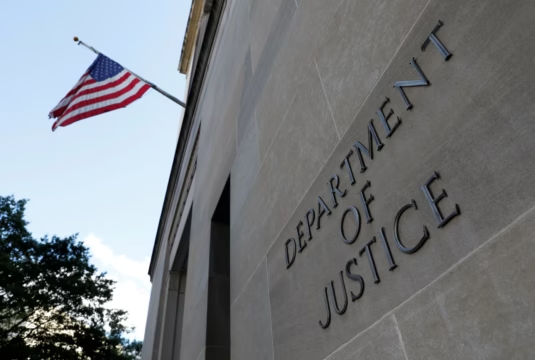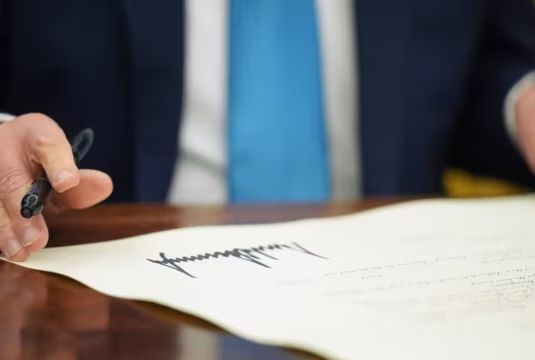Active Anti-Bribery Enforcement Drops Globally
U.S. Enforcement Holds Steady But Gaps Remain
Washington, D.C.- Transparency International today released Exporting Corruption 2020, a global progress report on anti-bribery enforcement. The report reviews investigations, enforcement actions and other data to assess how well the world’s major exporting countries are policing anti-bribery rules and cross-border corruption.
Researchers looked at 47 exporting countries making up more than 80% of world exports. Forty-three of the countries are signers to the Organization for Economic Cooperation and Development (OECD) Anti-bribery Convention.
Among the key findings: only four countries – U.S., U.K., Switzerland and Israel – representing 16.5 percent of global exports actively enforce anti-bribery laws. This represents a drop of more than a third from our 2018 report. Moderate enforcement doubled but 34 of the 47 countries conducted virtually no enforcement of their foreign bribery laws.
Gary Kalman, Director of Transparency International’s U.S. Office, released the following statement:
While we are pleased to see the U.S. continue to enforce our anti-bribery laws, this is not a moment for celebration. Almost half the world’s exports are coming from countries that have done little to nothing to honor their anti-corruption commitments and punish bribery.
There is more the U.S. can and must do to help reverse this alarming trend and set model standards. Among the many recommendations in the report, the U.S. should immediately increase corporate transparency to uncover illicit foreign cash stashed here by corrupt foreign actors.
When the U.S. made foreign bribery a crime back in 1977, it was a model for the world. The law sparked other countries to pass their own laws. Now we face a dearth of enforcement actions and we need to, once again, provide leadership by updating our own laws.
Most everyone agrees bribery is bad, but it is too often seen as a somewhat victimless crime. That is simply not true. When companies bribe public officials in exchange for special access to environmentally sensitive land, they undermine efforts to combat climate change, destroy lands needed for local farming, and poison clean drinking water supplies. Bribes have been used to ignore national security risks and divert scarce taxpayer money to wasteful or harmful projects. In today’s pandemic, bribes paid to divert money from responsible and effective relief jeopardizes public health and deepens economic pain and suffering.
We hope the report serves as a wake-up call to leadership in all countries to end the complacency, step up enforcement of anti-bribery laws and crack down on cross-border corruption. In the U.S., we look forward to working with Congress and the Administration to fill the gaps in our own laws and, once again, provide leadership on this critical issue.
Read the full report here.
Media Contact
Scott Greytak, Advocacy Director, Transparency International—U.S. Office
Telephone: +1 614-668-0258
Email: media-us@transparency.org
Twitter: @transparencyUSA






